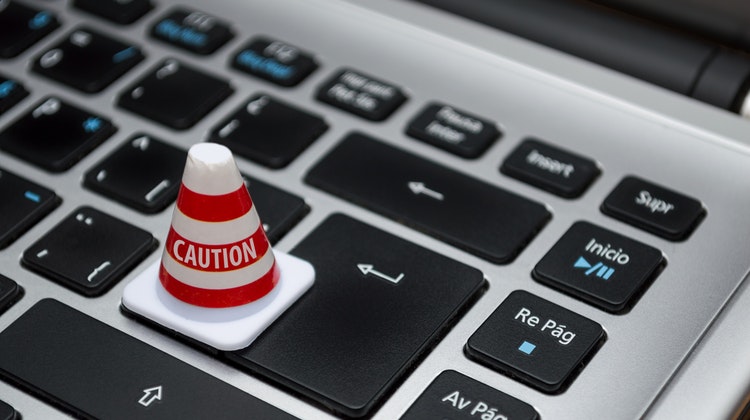
Photo Credit: pexels
Data breach, identity theft, fraud, invasion of privacy, piracy, counterfeiting, scams, viruses, hacking, service attacks—we hear about it all the time. Cyber crime continues to explode with newer and more sophisticated hacks plaguing businesses and even individual consumers. Never a victimless crime, cyber crime has become a global threat that knows no bounds and won’t discriminate. Long gone are the days when you merely had to worry about accidentally downloading viruses to your computer. Now you have to worry about people gaining access to your sensitive financial accounts, private and even classified data, and worse yet, your customers’ critical details. More than money is at stake here—just think about the potential harm to your company’s reputation!
Computers, servers, and corporate networks still face a lion’s share of the cyber threat, but as technology continues to evolve, so does the digital criminal landscape. Most mobile devices run the risk of compromise in some way, shape, or form, and even Internet of Things products like smart appliances, household systems, and vehicles are increasingly at risk. Gartner projects that by the end of this year, 6.4 billion objects will be connected on the IoT grid. Add biotech and the medical world to the full menu of internet-capable systems and scammers are looking at a bountiful hunting ground of opportunities to do some real damage.
Ensuring Effective Layers of Protection
With just about any industry in danger of cyber hacks and breaches, it becomes more important than ever to ensure effective security measures are in place. Cyber criminals have prevalently hit banks and businesses in the financial sector for years, yet crimes against small to medium-sized businesses are now on the rise, growing dramatically since 2015.
Keep Systems Updated
In an ideal world, all companies would stay on top of required software updates and security patches year after year. While this may not be possible in every scenario, it can helpful and effective to set an annual calendar reminder to check for pending updates and patches.
Repair Known Vulnerabilities
Enlist a talented IT team or IT professional to set up a firewall for an added layer of protection. Security software can also provide peace of mind that you’ve taken steps to keep your sensitive data and private or personal information safe.
Create Backups of Important Files and Data
Saving a backup of your files and databases creates a little extra breathing room should your company’s network tank or your personal computer ever suffer a breach. It may only take moments to copy the files but this small preparation can save endless headaches should anything happen to compromise the data.
Run System Scans When Something Seems Fishy
Malicious software and spyware can run cleverly in the background, capturing critical data and invading your privacy while you’re none the wiser. As one example, keyloggers can record everything you type on your keyboard, from instant messages and emails to addresses, usernames, and passwords. Run a system scan to detect these and other unwanted programs, and then quarantine and remove them from your computer to once again secure your workspace.
Regularly Update Passwords
Many corporate networks and even some financial institutions require users to create a new password at regular intervals. Timing may be quarterly or every 180 days or a different duration set by the IT department. The critical piece of it is that users must update their passwords before they can log into their computer and passwords cannot be reused, ensuring better security across the company. Updating personal passwords is also advisable, and individuals should not use the same password across multiple sites or systems.
Use Common Sense
Sometimes it is possible to sniff out a phishing email or a suspicious website, but not always. Always use common sense and great care when reading emails, visiting websites, or working with sensitive information and data. Many corporations enforce a code of conduct that outlines secure and appropriate business practices. This goes double for companies that allow employees to log on using VPN. Just any old wireless connection is rarely a good idea, and while the coffee and pastries present a strong argument, working in a Wi-Fi-powered café leaves the door open wide to plenty of vulnerabilities, from the unsecured network to the eyes of the person sitting at arm’s length away from you.
Cyber crooks continue to grow smarter and more devious as they harness and manipulate the latest technologies. According to the Norton Cybersecurity Insights Report, 594 million people are affected by cyber crime across the globe. Of those surveyed, 70% said they would rather cancel dinner plans with a best friend than cancel their credit or debit card, and 63% would choose a bad date over talking with customer service after a security breach.
Most consumers seem to know online crime is a serious problem, yet many still feel it couldn’t happen to them. With such a rise in online crime, it makes sense for individuals and businesses alike to take precautionary measures. You’ve taken the time to read this article – now take a few moments to protect your personal data and your business!
This article originally appeared on Sparknet Technologies.